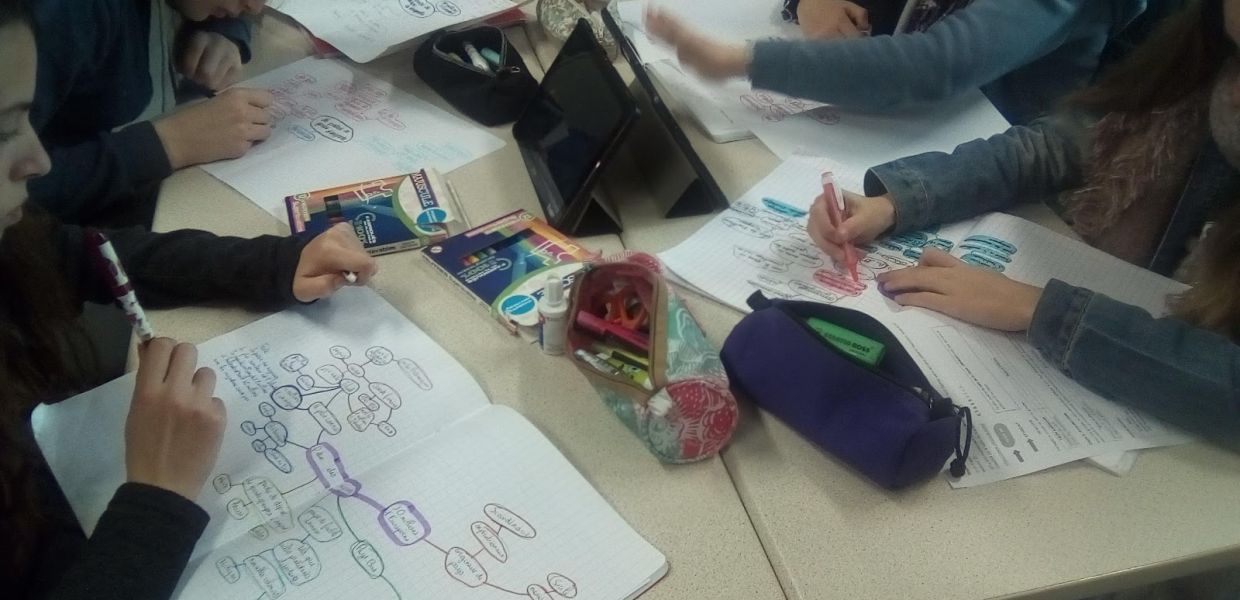This project was coordinated by the French Ministry of Education and Réseau Canopé, a national pedagogical resources provider, and ran from November 2017 to June 2018. The teachers used Éduthèque, a cultural and scientific resources platform for teachers, which included a selection of Europeana Collections content, translated in French and available online. The group was made up of 13 secondary-level teachers of various subjects such as history, French and literature, English, life and earth sciences, technology, arts and MIL (media and information literacy).
A collaborative workshop approach
In order to create the learning scenarios, the teachers attended three face-to-face workshops (29 November, 31 January and 16 May) organised by Réseau Canopé, in which they were introduced to the Europeana and Éduthèque platforms, as well as Creative Commons Licensed resources and the best information-seeking strategies for the Europeana Collections platform. They addressed questions such as whether it is better to search the entire collections, or use curated sets of data, such as Women in World War One.
French teachers inspired by Europeana resources
Once the scenarios were created, the teachers were ready to take them to the classroom for testing. After the implementation, they re-grouped to discuss their findings


